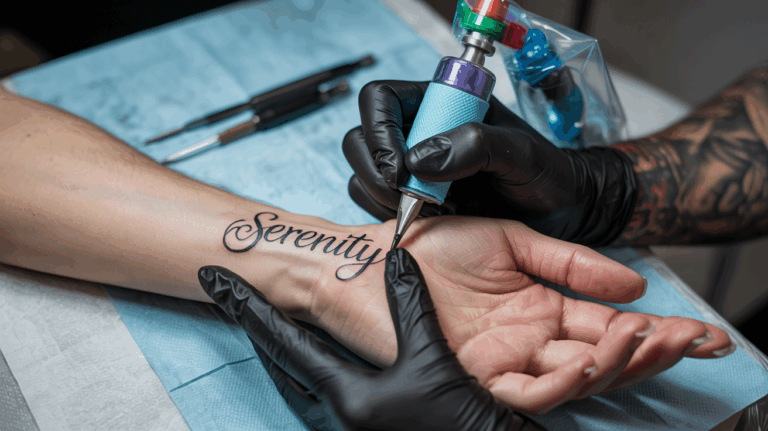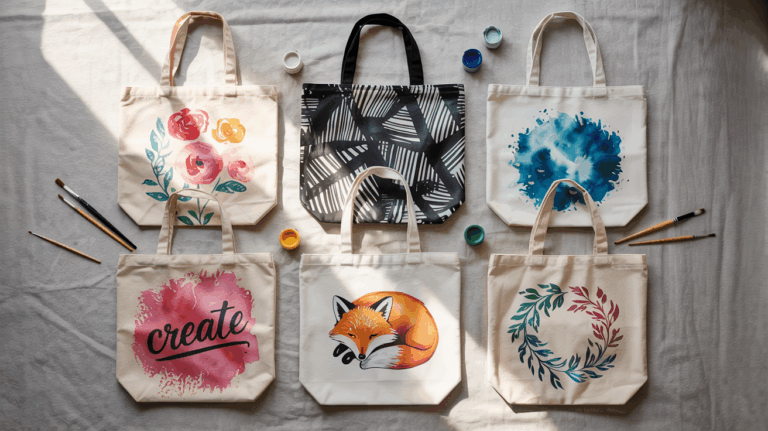Brands seeking to expand their reach must understand the significance of cultural nuances and consumer preferences in different regions.
This is especially true for fashion and jewellery brands that cater to a diverse audience. Earring sets, in particular, are not just accessories but carry deep cultural significance and personal expression. By leveraging localization services, businesses can tap into international markets while maintaining authenticity and appeal.
The Power of Localization in Fashion Retail

Localization goes beyond mere translation; it involves adapting a product’s messaging, design, and marketing strategy to resonate with a specific audience.
For jewellery brands like Shani Jacobi, ensuring that their earring sets appeal to different cultural tastes and preferences can make the difference between global success and market stagnation. According to a CSA Research study, 75% of consumers prefer to buy products in their native language, highlighting the importance of localized communication.
In the jewellery industry, localization efforts can range from adjusting design elements to align with cultural trends to altering marketing strategies to appeal to local fashion sensibilities. For example, while minimalist gold earring sets might appeal to Scandinavian consumers, intricate gemstone-studded designs may be more desirable in South Asian markets.
Understanding Cultural Preferences in Jewellery
Every culture has distinct preferences when it comes to jewellery, influenced by history, social customs, and local traditions. For example, in India, gold jewellery is often associated with wealth and prosperity, making gold earring sets a staple in many wardrobes.
Meanwhile, in Japan, a preference for delicate, understated designs aligns with the aesthetic principles of wabi-sabi, which celebrates imperfection and simplicity.
By understanding these cultural nuances, jewellery brands can tailor their offerings to different markets. This doesn’t necessarily mean creating entirely new collections but rather adapting existing designs to suit specific preferences. This localized approach ensures that consumers feel a stronger connection to the brand and see its products as relevant to their own lifestyle and traditions.
The Role of Language in International Marketing
Beyond product adaptation, language plays a crucial role in localization. Marketing materials, product descriptions, and customer support must all be translated effectively to communicate the brand’s message. However, direct translations often fail to capture the essence of a brand’s story or the emotional appeal of its products.
For instance, a tagline that resonates in English might not have the same impact when translated word-for-word into Mandarin or Arabic. Instead, transcreation—a process that involves culturally adapting a message while retaining its intent—ensures that a brand’s voice remains compelling across different languages. This is especially crucial for luxury brands, where the emotional connection between the consumer and the product is essential for driving sales.
Leveraging Influencers and Local Ambassadors
Localization isn’t just about modifying product descriptions or marketing campaigns; it also involves leveraging local voices to build brand credibility. Influencer marketing has become an essential tool for brands looking to establish a strong presence in new markets. By collaborating with local fashion influencers, jewellery brands can increase their visibility and gain consumer trust more quickly.
For example, if a jewellery brand wants to expand into the Middle Eastern market, partnering with a local fashion influencer who understands the aesthetic and cultural significance of earring sets can create a more authentic and relatable brand presence. These collaborations provide social proof and demonstrate that the brand respects and acknowledges local tastes.
Personalization: The Future of Localization
One of the most effective ways for jewellery brands to connect with consumers worldwide is through personalization. Advances in AI and data analytics allow brands to tailor their offerings based on consumer preferences and purchasing behaviors. Customization options—such as selecting different metals, gemstones, or styles—can make a piece of jewellery feel unique to the buyer, increasing its appeal across diverse markets.
According to a study by Epsilon, 80% of consumers are more likely to make a purchase when brands offer personalized experiences. By integrating AI-driven personalization with localization strategies, jewellery brands can provide curated shopping experiences that cater to individual tastes, cultural influences, and even regional fashion trends.
Localization in E-Commerce: Adapting to Global Consumers

With the rise of e-commerce, jewellery brands no longer need a physical presence in every market to sell their products. However, a successful global e-commerce strategy requires more than just an international shipping option. Brands must adapt their online stores to local preferences, including currency conversion, payment options, and region-specific promotions.
For example, offering payment options like WeChat Pay for Chinese consumers or Klarna for European customers can significantly impact conversion rates.
Additionally, incorporating region-specific marketing campaigns—such as Diwali promotions in India or Lunar New Year sales in China—can boost engagement and sales. Ensuring that the online shopping experience is seamless and culturally relevant helps brands foster trust and loyalty among international buyers.
Overcoming Challenges in Global Expansion
While localization offers numerous benefits, it also presents challenges. Managing a multilingual customer base, maintaining brand consistency across regions, and navigating regulatory differences require strategic planning. Jewellery brands must invest in professional localization services to ensure accuracy in translations, cultural appropriateness, and compliance with regional trade laws.
Another challenge is maintaining exclusivity while catering to different markets. Luxury brands often rely on exclusivity as a selling point, so offering too many localized versions of the same product may dilute their premium image. Striking the right balance between local adaptation and brand integrity is key to successful international expansion.
The Power of Localization in the Jewellery Industry
In an era where consumers seek both authenticity and global influence, localization has become an indispensable strategy for fashion and jewellery brands. For companies like Shani Jacobi, ensuring that their earring sets resonate with diverse audiences can lead to increased brand loyalty and international success. By adapting designs, marketing messages, and shopping experiences to suit different cultural contexts, brands can seamlessly integrate into new markets while maintaining their unique identity.
The demand for jewellery is universal, but the way consumers perceive and interact with it varies across cultures. By embracing localization, jewellery brands can create meaningful connections with their audiences, leading to sustained growth in the global marketplace. Whether through influencer collaborations, personalized experiences, or language adaptation, the right localization strategies can transform a brand into a truly international success story.
















